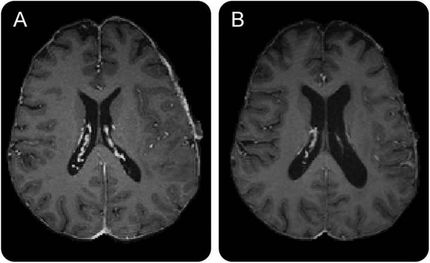Iterative reconstruction plus longitudinal dose modulation reduces radiation dose for abdominal CT
radiation dose reduction has moved to the forefront of importance in medical imaging with new techniques being developed in an effort to bring doses down as low as possible. What difference can these techniques make? Researchers at Indiana University School of Medicine aimed to find out.
"We conducted a study to quantify dose reduction, comparing two years' worth of data and 11,458 abdomen and pelvic CT exams," said Dr. Jonas Rydberg, lead author of the study. Data on 5,707 consecutive CT abdomen and pelvis exams without iterative reconstruction or longitudinal dose modulation was collected. The data was compared to 5,750 exams in which both techniques were applied. "We saw a 23% total radiation dose reduction in the second group," said Dr. Rydberg. "If you consider that there are about 20 million abdominal CT examinations done each year in the U.S. a 23% dose reduction translates into between 1,000 and 3,000 fewer radiation induced cancers each year, if we use the same assumptions used for survivors of Hiroshima and Nagasaki" he said.
Iterative reconstruction is a mathematical process that is an integral part of the CT scanner that allows for good quality images with lower radiation doses, said Dr. Rydberg. Longitudinal dose modulation changes the radiation dose based on the density of the part of the body being imaged, he said.
Most read news
Other news from the department science

Get the life science industry in your inbox
By submitting this form you agree that LUMITOS AG will send you the newsletter(s) selected above by email. Your data will not be passed on to third parties. Your data will be stored and processed in accordance with our data protection regulations. LUMITOS may contact you by email for the purpose of advertising or market and opinion surveys. You can revoke your consent at any time without giving reasons to LUMITOS AG, Ernst-Augustin-Str. 2, 12489 Berlin, Germany or by e-mail at revoke@lumitos.com with effect for the future. In addition, each email contains a link to unsubscribe from the corresponding newsletter.




















































